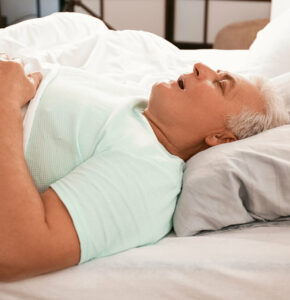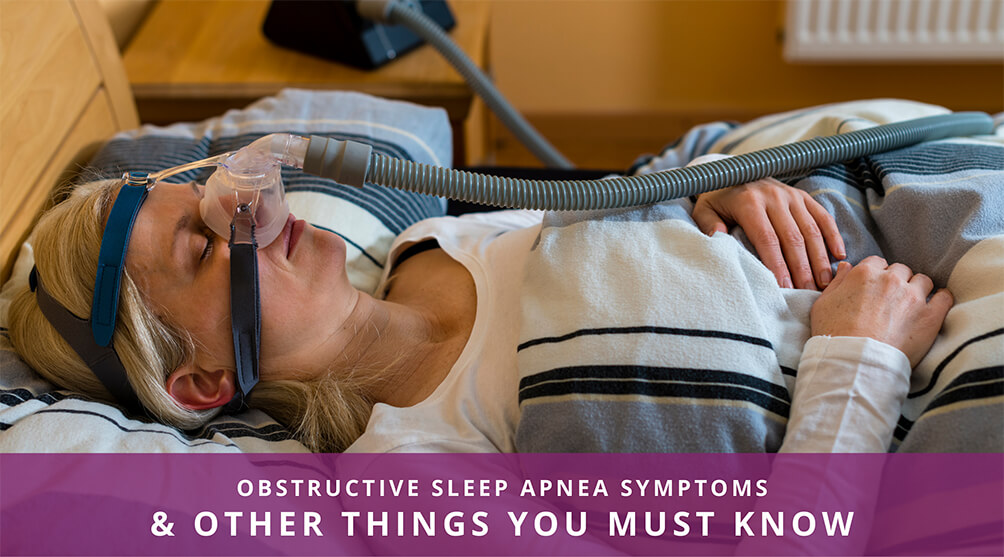Obstructive Sleep Apnea Symptoms & Other Things You Must Know
Obstructive sleep apnea (OSA) is a disorder that affects a patient’s ability to breathe while sleeping. To learn more about the problem, including obstructive sleep apnea symptoms or obstructive sleep apnea diagnosis, reach out to us. At Richardsons Dental and Craniofacial Hospital, our physicians are happy to answer your queries regarding obstructive sleep apnea, including treatment and surgery. Consult an obstructive sleep apnea specialist at our hospital for more information about all details related to obstructive sleep apnea surgery, including cost, and promising the best possible treatment.
If your breathing is interrupted during sleep for more than 10 seconds at least five times per hour, those periods are known as hypopneas. During this time, the patient’s breathing is reduced, and they don’t breathe enough oxygen. The periods are known as apneas, wherein breathing stops completely. It occurs if there is a blockage in the upper airway, such as the tongue, muscles, or other body tissues.
The severity of obstructive sleep apnea is determined through a rating system known as the apnea-hypopnea index (AHI). It measures the average number of apnea and hypopnea episodes the patient experiences every hour they sleep. When the AHI is between 5 to 15, it’s mild obstructive sleep apnea. The range for moderate obstructive sleep apnea is between 15 to 30. Severe obstructive sleep apnea takes place when the AHI is over 30.
What Are the Symptoms of Obstructive Sleep Apnea?
While some patients don’t feel well rested enough even after a night’s sleep and experience grogginess during the day, others don’t display many symptoms. One of the most common obstructive sleep apnea symptoms is snoring. Other symptoms include depression, morning headaches, difficulty remembering things, falling asleep frequently during the day, being irritable, snoring that resumes through a loud sound emanating once the patient breathes again, and snoring interrupted by some quiet periods.

The symptoms to watch out for are loud snoring, choking, gasping, snorting, and interruptions in breathing while you’re asleep. While children with OSA can experience hyperactivity or poor performance in school, adults can often experience a loss of interest in sexual activity.
What Causes Obstructive Sleep Apnea?
Obstructive sleep apnea occurs when the muscles at the back of a patient’s throat relax a bit too much, causing an obstruction for them to breathe normally. As the muscles relax, the airway gets narrower as you breathe, blocking your breathing for 10 seconds or more. This leads to the oxygen levels in your blood getting lowered, causing a buildup of carbon dioxide. The brain senses this period of impaired breathing, leading you to wake up so the airway can reopen.
The awakening is often accompanied by short breaths, which get better after breathing deeply once or twice. You could also find yourself gasping, choking, or snorting. These disruptions could happen 30 times an hour in severe cases, and it’s due to these disruptions patients don’t get enough deep sleep and feel tired and lethargic the next day.

